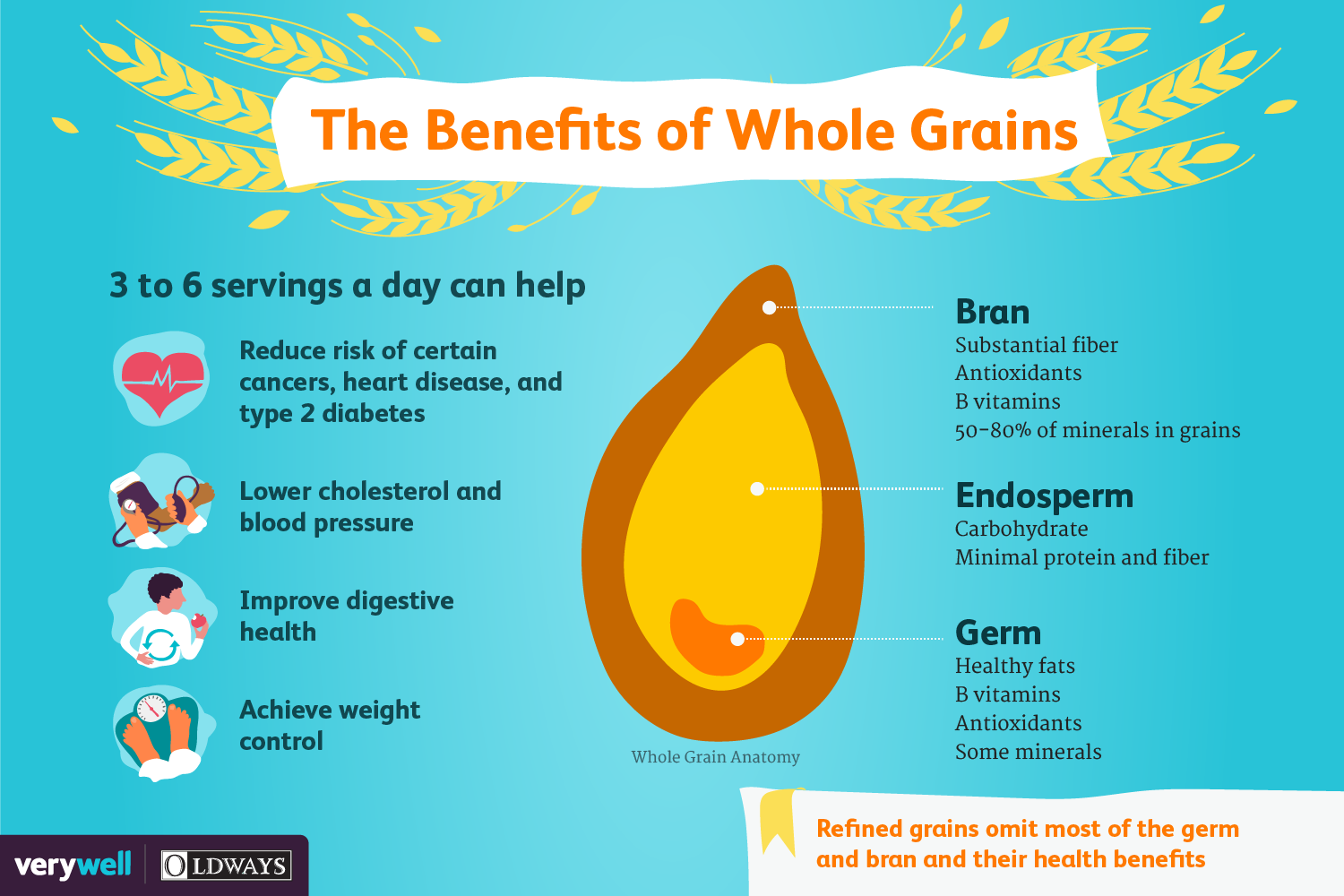
It can be difficult to live a healthy life while studying. Late nights, work commitments, and a tight budget can all affect your health. These health tips are for students to avoid potential problems. These tips should not be considered a substitute for a healthy diet or exercise program. However, they can help students to maintain a healthy lifestyle while learning. These tips are important, so read on.
Exercise lowers the risk of getting sick
You can increase your health and lower your risk of becoming sick in many ways. For example, exercise helps the body to release neuroprotective hormones that can protect your brain from disease. Exercise can improve your heart and immune system function. All these benefits can help you stay healthy. Do not miss an opportunity to exercise. Here are some benefits of exercising.
Healthy diet improves memory
Your memory can be enhanced by the following foods: seafood, fish, fatty and whole fish, nuts, seeds, and whole grain. They all contain folic acid, a crucial nutrient that is important for brain health. Eggs are rich in vitamin B12, lecithin and choline. Choline is a crucial building block for neurons. Fish is rich in omega-3 fatty acid, which is essential for brain cells and oxygen transport. Eating seafood may even prevent the onset of Alzheimer's disease.

Meditation reduces stress
One study found that students who meditate more frequently experience lower levels stress. The study involved music majors who were invited to participate in a 10-minute guided meditation every day between classes. The researchers asked students at Temple College and Texas A&M University-Central Texas to come in for the mediation sessions daily. The study revealed that meditation helped students reduce stress during November, which was a busy month for students. Shamatha-meditating students showed a notable reduction in stress.
Drinking alcohol can cause health problems
The effects of drinking alcohol on a college student's health may take months, or even years. However, research has shown that more college students have alcohol-related issues than just 150,000 per year. These can range from minor cuts to broken bones and even concussions. Additionally, alcohol addiction is more common if you drink for a longer time and are more likely to do so frequently. You can also become analcoholic in college. Bad habits and drinking habits may lead to alcoholism later on.
Avoiding head lice
The best way to prevent head lice is to avoid having your child share personal items, including hats, caps, and hair accessories. Personal items such as pillows, headphones, car seats, and pillows that can come into direct contact with students' heads should be avoided. Because lice can live in hair items like pillows and car seats, parents should make sure their child is regularly shaved. They should regularly inspect their child’s head for nits or live lice.

FAQ
What are the 5 ways you can improve your mental and emotional health?
-
Exercise - It improves brain function and raises energy levels.
-
Sleep – A lot of sleep is good for stress and anxiety.
-
Nutrition – Healthy foods like fruits and vegetables can help you stay strong and energized.
-
Meditation - Meditation reduces anxiety and stress.
-
Socialization - Spending time in the company of friends and family keeps us happy.
What can I do to improve my mental health and well-being?
Everyone needs mental health, especially when we feel stressed at work, school, home, or family. Regular exercise, healthy eating, quality sleep, and spending time with loved ones are the best ways to improve your mental well-being. Exercise releases endorphins which makes us feel happier. Our bodies also function better when we eat healthy foods. Good sleep gives us energy all day. Spending quality time with loved ones can improve our relationships and reduce stress.
Why is mental health important?
Everyone's mental health is important. Mental health is vital for anyone. A healthy mind is vital.
Our bodies can start to feel stressed if we don't feel well. This could cause problems in the body such as backaches, stomachaches, headaches and stomach pains. It is important to take care for our bodies and minds in order to maintain a healthy balance.
Why is mental health important?
Work, play and learn. Love. Our mental health is a reflection of our overall well-being. When we refer to mental health, we mean the physical, psychological and spiritual factors that have an impact on us every day. The good news? There are many ways to take care of yourself mentally. You don't need to do it all at once. Start somewhere.
Understanding where you are at the moment is the first step towards improving mental health. Take this quiz and find out how much you're doing to support your mental wellbeing. You might consider changing your lifestyle if you have a low score.
You scored well, congratulations! Let's now look at what you can do to maintain or improve your mental health.
-
Get enough sleep Getting adequate rest helps keep your brain sharp and energized. The American Academy of Pediatrics (AAP) recommends that you get at least 7-8 hours of sleep each night.
-
Exercise Regularly. Exercise releases endorphins which can make you happy and less likely be stressed. You should aim to exercise for 30 minutes five times a week.
What should I do if I am experiencing mental health issues?
It is vital to seek support if you are experiencing any mental health problems. You might have experienced some sort of trauma or abuse in the past. It is possible that you have had to deal with trauma in your past.
A mental illness such as an eating disorder or addiction could also be present. These disorders can cause serious damage to your life.
It is best to not try to solve them all by yourself. Instead, talk to someone who can help you. A professional therapist can provide the support you need to overcome these challenges.
Statistics
- More than 50% will be diagnosed with a mental illness or disorder at some point in their lifetime.3 (cdc.gov)
- Similarly, while there is some agreement about the boundaries of typical mental disorders 2, there is likely less agreement about those for positive mental health. (ncbi.nlm.nih.gov)
- In any given year, an estimated 18.1% (43.6 million) of U.S. adults ages 18 years or older suffered from any mental illness, and 4.2% (9.8 million) (healthypeople.gov)
- Appropriate nutrition and exercise are likely among the most efficacious and cost-effective positive mental health interventions. (ncbi.nlm.nih.gov)
- According to the National Alliance of Mental Illness (NAMI), one in five Americans experiences mental health issues which translates to more than 40 million adults a year. (doctorondemand.com)
External Links
How To
How to tell if you need help from a mental-health expert
There are some indicators that will alert you to the possibility of professional assistance. If you are noticing any warning signs, consult a doctor.
-
You feel like your control is being lost.
-
You've been having trouble sleeping.
-
Concentration can make your mind race.
-
You begin to consider suicide.
-
You feel hopeless.
-
You feel like life isn't worth living.
-
You are losing interest in the things you once loved.
-
You have stopped eating.
-
You are now withdrawing.
-
You're using drugs and alcohol to deal with stress.
-
You are starting to lose family or friends.
-
Other physical symptoms include headaches, stomachaches and backaches, as well as chest pains.
In conclusion, if you notice any of these signs, then it is crucial for you to see a doctor right away.